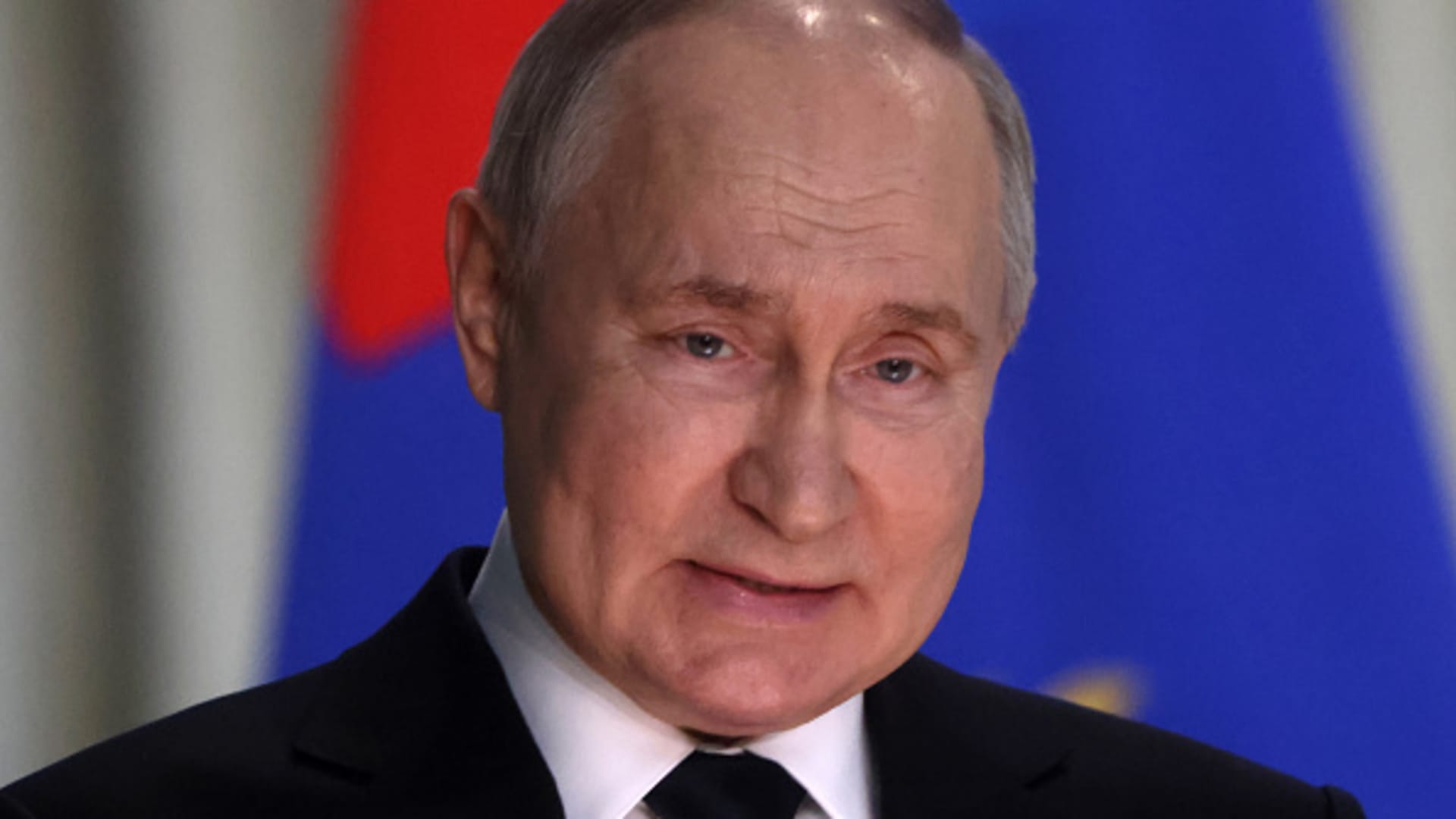ARTICLE AD BOX
A pedestrian passes the Reserve Bank of Australia (RBA) building in Sydney, Australia, on Monday, Sept. 6, 2021.
David Gray | Bloomberg | Getty Images
Australia's central bank held its benchmark interest rate at 4.35% for the eighth meeting in a row, in line with expectations from economists polled by Reuters.
In contrast to a more dovish stance from other central banks in advanced economies, the Reserve Bank of Australia wrote in its statement that "inflation has fallen substantially since the peak in 2022," but also added that underlying inflation is too high.
As such, the bank's forecasts also do not see inflation returning sustainably to the midpoint of its 2%-3% target until 2026.
The RBA noted that headline inflation in the country has declined, coming in at 2.8% for the third quarter, a marked decline from 3.8% in the quarter ending June.
However, it also pointed out that this was expected due to declines in fuel and electricity prices in the September quarter, and added that "part of this decline reflects temporary cost of living relief." The central bank expects that the headline rate will increase as these measures expire.
The RBA instead pointed at the underlying inflation rate in Australia. The "trimmed mean" came in at 3.5% in the the September quarter, which was still "some way" from the 2.5% midpoint of the inflation target.
Moving forward, it expects the outlook to remain "highly uncertain." It said that if conditions in the labor market are stronger than expected and productivity growth remains weak, inflation could decrease more slowly, restricting the case for a rate cut.
However, household spending might not increase as quickly as expected, which could mean that inflation reaches the RBA's target faster.
Externally, the bank added that "heightened geopolitical risks and potential changes to trade and fiscal policies abroad add to this uncertainty."









 English (US)
English (US)